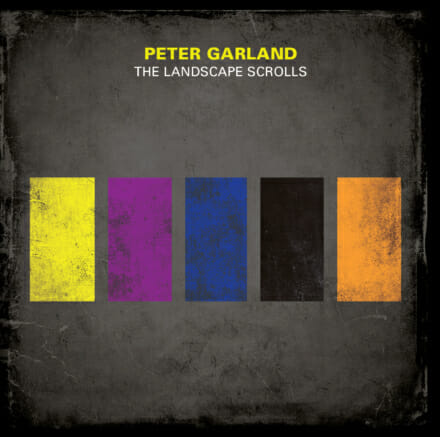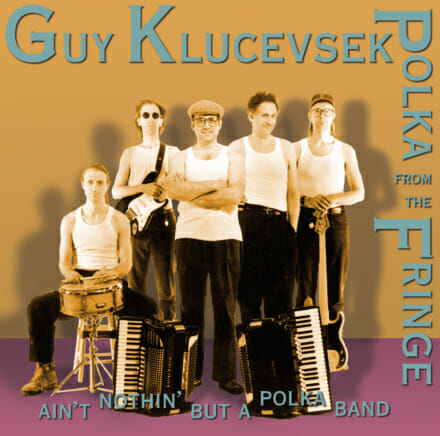This CD presents the premiere recording of Peter Garland’s 50-minute The Landscape Scrolls, performed by percussionist John Lane. This maverick composer is an under-recognized pioneer of minimalism, “an avatar of an experimental American tradition” and “a composer of mesmerizing music” (Kyle Gann).
John Luther Adams notes, “Peter Garland lives an uncompromising life.” Avoiding the traditional path of a contemporary composer, he has instead spent much of his life absorbing music cultures around the world. Garland lived for years in remote Mexican Indian villages and in the American Southwest, while also experiencing the indigenous music cultures of Australia, New Zealand, Morocco, Japan, and Turkey.
Commissioned by and dedicated to percussionist John Lane, The Landscape Scrolls (2010-2011) depicts the 24-hour day cycle in five movements. Garland remarks the work was influenced by Indian ragas, Japanese haiku poetry, and, especially, the famous Landscape Scroll of the Four Seasons by Japan’s 15th century painter Sesshu.
Each of the five movements is a monochromatic study, more about resonance and space than melody or harmony: mid-day (Chinese drums); afternoon (rice bowls); after dark (triangles); late (glockenspiel); early morning (tubular bells). Garland notes that, after the fact, he was likely influenced by his fascination with the single-tonal color paintings of Barnett Newman.
Writing in the CD’s liner notes, Adams comments, “The expressive power of this music comes not from the notes on the page, but from a deeper resonance, from the magical power of sound itself … A set of drums reconnects us with the ground beneath our feet. A few triangles become an enormous carillon, a nocturnal bell tower, a call to prayer in the temple of night. The gentle clanging of tubular bells becomes a morning chant, saluting the sun, greeting the new day. Listening to this music we are grounded again, we are filled with wonder… Yes, these are musical landscapes [but also] prayers for the seasons, the hours of night and day, prayers for humanity and for all life on this planet.”
About Peter Garland
Peter Garland (b.1952) was in CalArts’ original class (1970). His principal teachers were Harold Budd and James Tenney. As publisher of SOUNDINGS magazine from 1971 to 1991, he played a pivotal role in the re-evaluation of composers such as Nancarrow, Revueltas, Harrison, Bowles, Rudhyar, Partch, and Tenney. Much of Garland’s musical work has been considered post-minimal, although many, such as The Days Run Away (1971), were written in the early 1970s at the same time as the earliest minimalist works. Wire Magazine writes, “He has sometimes been classed as a minimalist, but Garland’s economy and radical consonance are manifestations of his own spatial sensitivity and clarity of attention, rather than signs of his allegiance to some shared compositional creed.” Garland has written for the pianists Aki Takahashi and Herbert Henck, percussionist William Winant, accordionist Guy Klucevsek, and the Abel-Steinberg-Winant Trio. In 1991, New York’s Essential Music presented a twenty-year retrospective of Garland’s work, and his music has appeared on the Tzadik, New World, Avant, New Albion, and Cold Blue labels.
About John Lane
John Lane (b. 1979) is an artist whose creative work and collaborations extend from percussion to poetry/spoken word and theater. As a performer, he has concertized throughout the Americas, Australia, and Japan. Performing credits include 9 Evenings (9e2): Theatre & Engineering (Seattle, Washington); Hokuto International Music Festival (Japan); Percusión en Escena International Percussion Festival (Bogotâ, Colombia); and the Antarctica Music Festival at Australian National University (Canberra, Australia). He has collaborated with a number of composers including Peter Garland, Mark Applebaum, Yo Goto, Christopher Deane, Graeme Leak, Danny Clay, Marc Satterwhite, Jeff Herriott, Wen Hui Xie, David Farrell, and Monica Pearce.








